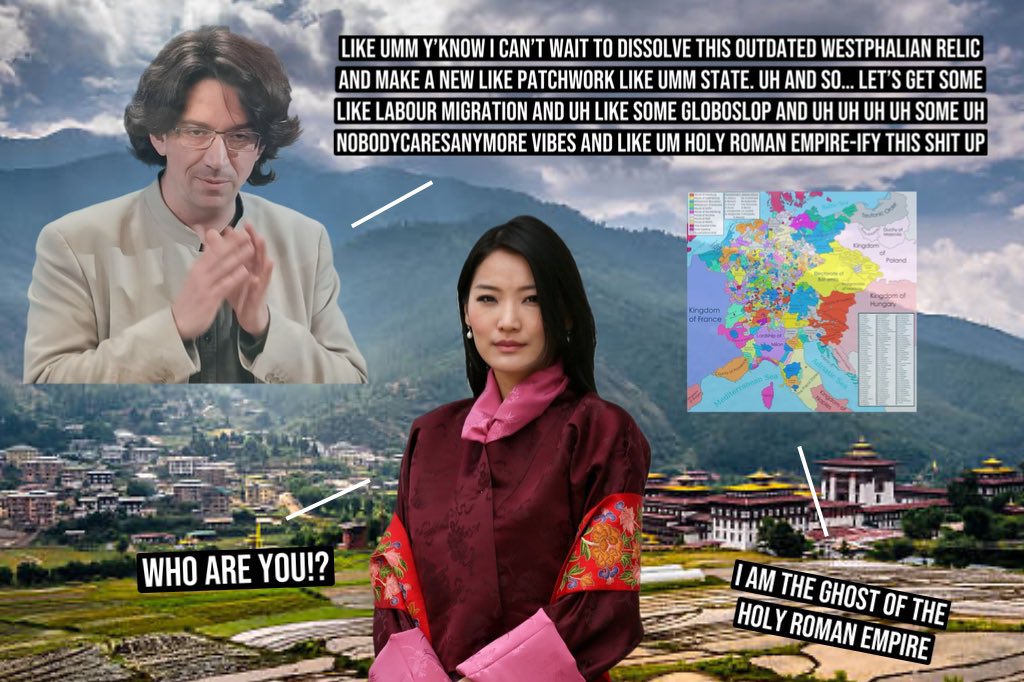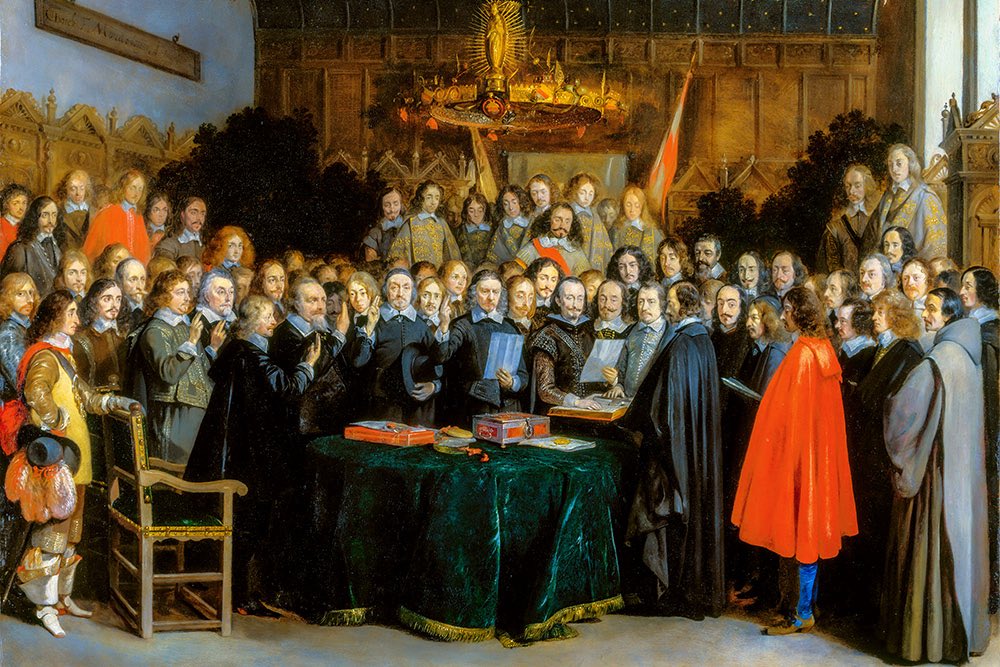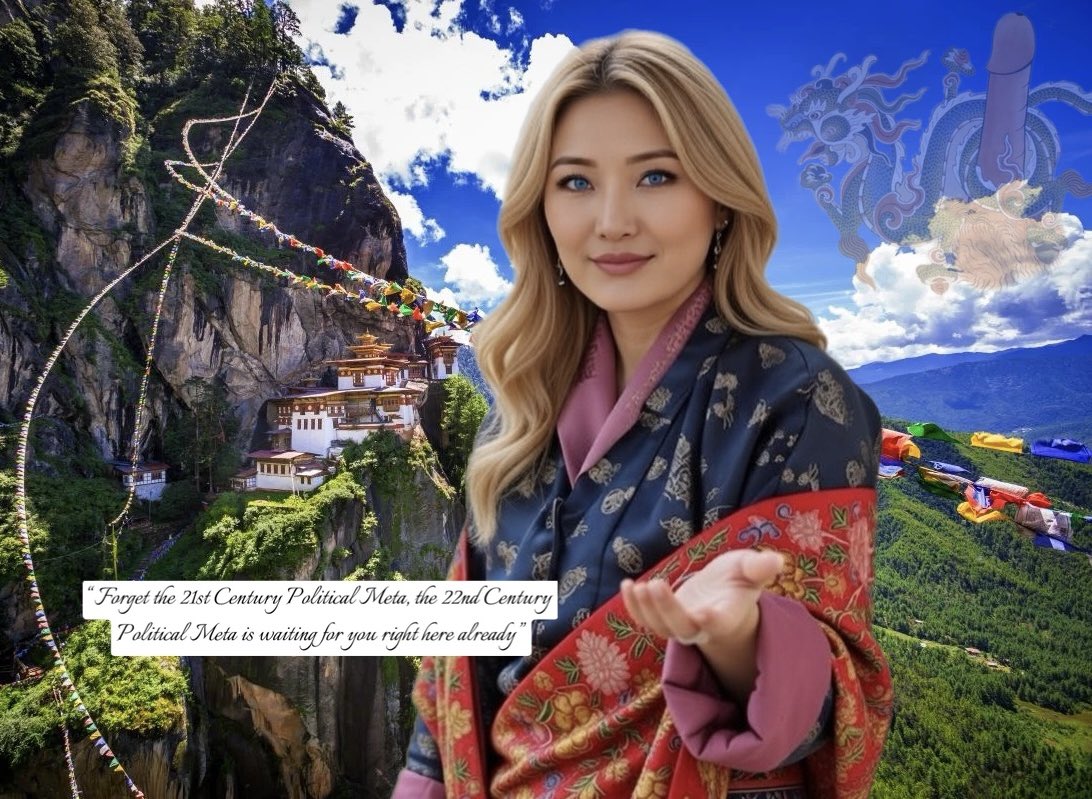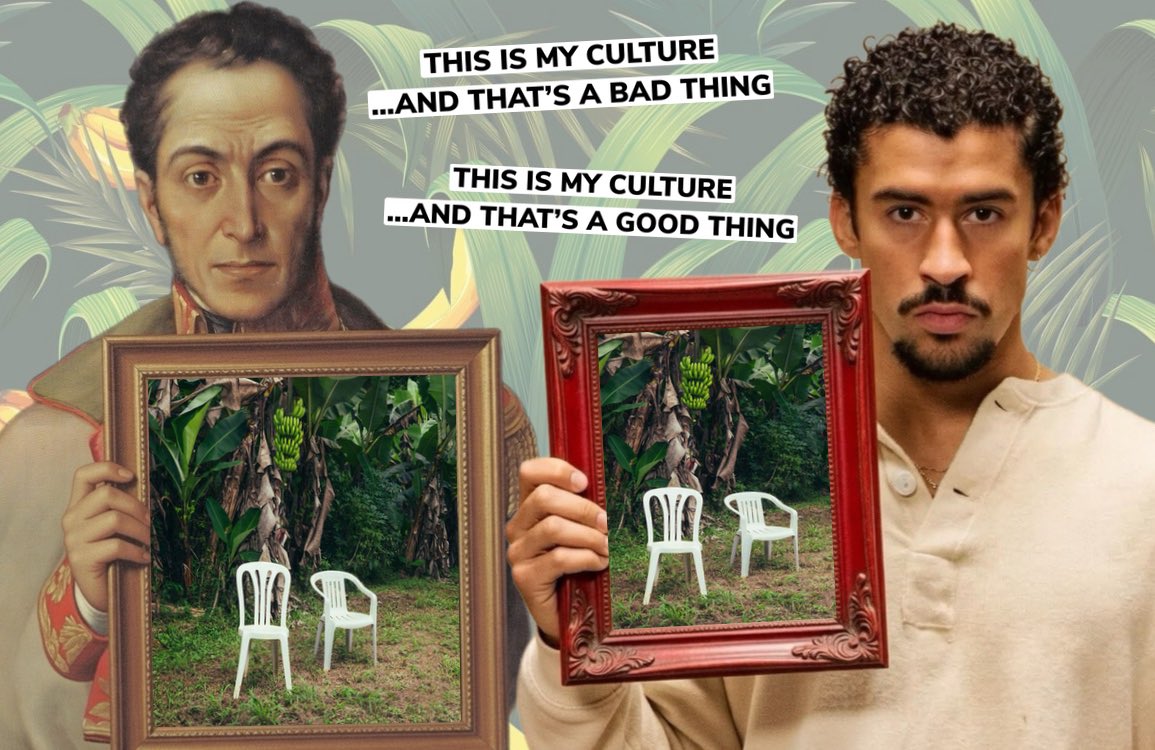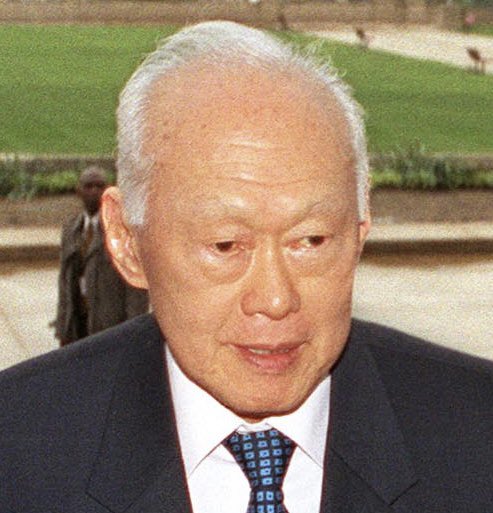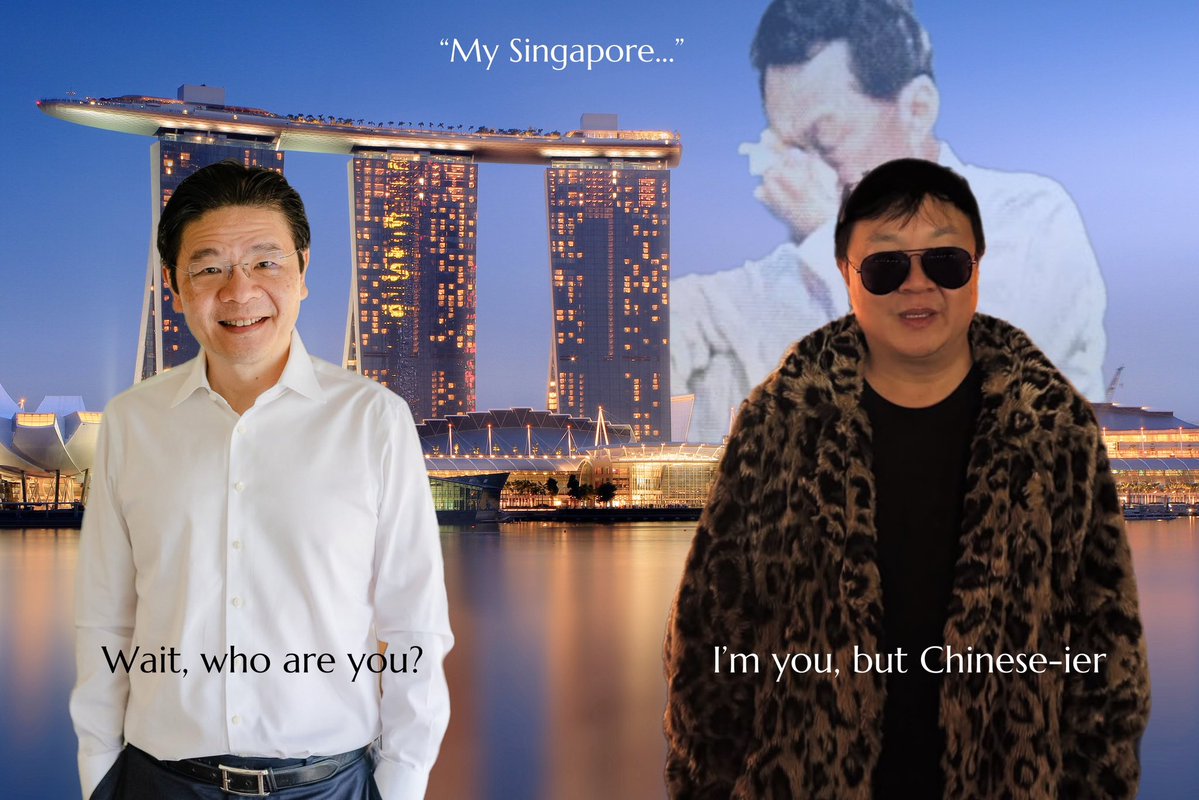AFRICAN LANGUAGES
Academic Gedaliah Braun on the lack of Abstraction in African Languages:
“In a conversation with students in Nigeria I asked how you would say that a coconut is about halfway up the tree in their language. “You can’t say that,” they explained. “All you can say is that it is ‘up’.” “How about right at the top?” “Nope; just ‘up’.” In other words, there appeared to be no way to express gradations.
In Nairobi, I learned something else about African languages when two women expressed surprise at my English dictionary. “Isn’t English your language?” they asked. “Yes,” I said. “It’s my only language.” “Then why do you need a dictionary?”
They were puzzled that I needed a dictionary, and I was puzzled by their puzzlement. I explained that there are times when you hear a word you’re not sure about and so you look it up. “But if English is your language,” they asked, “how can there be words you don’t know?” “What?” I said. “No one knows all the words of his language.”
“But we know all the words of Kikuyu; every Kikuyu does,” they replied. I was even more surprised, but gradually it dawned on me that since their language is entirely oral, it exists only in the minds of Kikuyu speakers. Since there is a limit to what the human brain can retain, the overall size of the language remains more or less constant. A written language, on the other hand, existing as it does partly in the millions of pages of the written word, grows far beyond the capacity of anyone to know it in its entirety. But if the size of a language is limited, it follows that the number of concepts it contains will also be limited and that both language and thinking will be impoverished.
African languages are impoverished only by contrast to Western languages and in an Africa trying to emulate the West. While numerous dictionaries have been compiled between European and African languages, there are few dictionaries within a single African language, precisely because native speakers have no need for them. I did find a Zulu-Zulu dictionary, but it was a small paperback of 252 pages.
My queries into Zulu began when I rang the African Language Department at a University in Johannesburg and spoke to a white guy. Did “precision” exist in the Zulu language prior to European contact? “Oh,” he said, “that’s a very Eurocentric question!” and simply wouldn’t answer. I rang again, spoke to another white guy, and got a virtually identical response.
I called a larger university in Pretoria, and spoke to a young black guy. As has so often been my experience in Africa, we hit it off from the start. He understood my interest in Zulu and found my questions of great interest. He explained that the Zulu word for “precision” means “to make like a straight line.” Was this part of indigenous Zulu? No; this was added by the compilers of the dictionary.
But, he assured me, it was otherwise for “promise.” I was skeptical. How about “obligation?” We both had the same dictionary (English-Zulu, Zulu-English), and looked it up. The Zulu entry means “as if to bind one’s feet.” He said that was not indigenous but was added by the compilers. But if Zulu didn’t have the concept of obligation, how could it have the concept of a promise, since a promise is simply the oral undertaking of an obligation? I was interested in this, I said, because Africans often failed to keep promises and never apologized - as if this didn’t warrant an apology.
A light bulb seemed to go on in his mind. Yes, he said; in fact the Zulu word for promise — isithembiso — is not the correct word. When a black person “promises” he means “maybe I will and maybe I won’t.” But, I said, this makes nonsense of promising, the very purpose of which is to bind one to a course of action. When one is not sure he can do something he may say “I will try but I can’t promise.” He said he’d heard whites say that and had never understood it till now. As a friend summed it up, when a black person “promises” he means “I’ll try.””
Academic Gedaliah Braun on the lack of Abstraction in African Languages:
“In a conversation with students in Nigeria I asked how you would say that a coconut is about halfway up the tree in their language. “You can’t say that,” they explained. “All you can say is that it is ‘up’.” “How about right at the top?” “Nope; just ‘up’.” In other words, there appeared to be no way to express gradations.
In Nairobi, I learned something else about African languages when two women expressed surprise at my English dictionary. “Isn’t English your language?” they asked. “Yes,” I said. “It’s my only language.” “Then why do you need a dictionary?”
They were puzzled that I needed a dictionary, and I was puzzled by their puzzlement. I explained that there are times when you hear a word you’re not sure about and so you look it up. “But if English is your language,” they asked, “how can there be words you don’t know?” “What?” I said. “No one knows all the words of his language.”
“But we know all the words of Kikuyu; every Kikuyu does,” they replied. I was even more surprised, but gradually it dawned on me that since their language is entirely oral, it exists only in the minds of Kikuyu speakers. Since there is a limit to what the human brain can retain, the overall size of the language remains more or less constant. A written language, on the other hand, existing as it does partly in the millions of pages of the written word, grows far beyond the capacity of anyone to know it in its entirety. But if the size of a language is limited, it follows that the number of concepts it contains will also be limited and that both language and thinking will be impoverished.
African languages are impoverished only by contrast to Western languages and in an Africa trying to emulate the West. While numerous dictionaries have been compiled between European and African languages, there are few dictionaries within a single African language, precisely because native speakers have no need for them. I did find a Zulu-Zulu dictionary, but it was a small paperback of 252 pages.
My queries into Zulu began when I rang the African Language Department at a University in Johannesburg and spoke to a white guy. Did “precision” exist in the Zulu language prior to European contact? “Oh,” he said, “that’s a very Eurocentric question!” and simply wouldn’t answer. I rang again, spoke to another white guy, and got a virtually identical response.
I called a larger university in Pretoria, and spoke to a young black guy. As has so often been my experience in Africa, we hit it off from the start. He understood my interest in Zulu and found my questions of great interest. He explained that the Zulu word for “precision” means “to make like a straight line.” Was this part of indigenous Zulu? No; this was added by the compilers of the dictionary.
But, he assured me, it was otherwise for “promise.” I was skeptical. How about “obligation?” We both had the same dictionary (English-Zulu, Zulu-English), and looked it up. The Zulu entry means “as if to bind one’s feet.” He said that was not indigenous but was added by the compilers. But if Zulu didn’t have the concept of obligation, how could it have the concept of a promise, since a promise is simply the oral undertaking of an obligation? I was interested in this, I said, because Africans often failed to keep promises and never apologized - as if this didn’t warrant an apology.
A light bulb seemed to go on in his mind. Yes, he said; in fact the Zulu word for promise — isithembiso — is not the correct word. When a black person “promises” he means “maybe I will and maybe I won’t.” But, I said, this makes nonsense of promising, the very purpose of which is to bind one to a course of action. When one is not sure he can do something he may say “I will try but I can’t promise.” He said he’d heard whites say that and had never understood it till now. As a friend summed it up, when a black person “promises” he means “I’ll try.””

How do we acquire abstract concepts? Is it enough to make things with precision in order to have the concept of precision? Africans make excellent carvings, made with precision, so why isn’t the concept in their language? To have this concept we must not only do things with precision but must be aware of this phenomenon and then give it a name.
How, for example, do we acquire such concepts as belief and doubt? We all have beliefs; even animals do. When a dog wags its tail on hearing his master’s footsteps, it believes he is coming. But it has no concept of belief because it has no awareness that it has this belief and so no awareness of belief per se. In short, it has no self-consciousness, and thus is not aware of its own mental states.
It has long seemed to me that some blacks tend to lack self-awareness. If such awareness is necessary for developing abstract concepts it is not surprising that African languages have so few abstract terms. A lack of self-awareness — or introspection — has advantages. In my experience neurotic behavior, characterized by excessive and unhealthy self-consciousness, is uncommon among blacks. I am also confident that sexual dysfunction, which is characterized by excessive self-consciousness, is less common among blacks than whites.
Time is another abstract concept with which Africans seem to have difficulties. I began to wonder about this in 1998. Several Africans drove up in a car and parked right in front of mine, blocking it. “Hey,” I said, “you can’t park here.” “Oh, are you about to leave?” they asked in a perfectly polite and friendly way. “No,” I said, “but I might later. Park over there” — and they did.
While the possibility that I might want to leave later was obvious to me, their thinking seemed to encompass only the here and now: “If you’re leaving right now we understand, but otherwise, what’s the problem?” I had other such encounters and the key question always seemed to be, “Are you leaving now?” The future, after all, does not exist. It will exist, but doesn’t exist now. People who have difficulty thinking of things that do not exist will ipso facto have difficulty thinking about the future.
It appears that the Zulu word for “future” — isikhati — is the same as the word for time, as well as for space. Realistically, this means that these concepts probably do not exist in Zulu thought. It also appears that there is no word for the past — meaning, the time preceding the present. The past did exist, but no longer exists. Hence, people who may have problems thinking of things that do not exist will have trouble thinking of the past as well as the future.
This has an obvious bearing on such sentiments as gratitude and loyalty, which I have long noticed are uncommon among Africans. We feel gratitude for things that happened in the past, but for those with little sense of the past such feelings are less likely to arise.

How, for example, do we acquire such concepts as belief and doubt? We all have beliefs; even animals do. When a dog wags its tail on hearing his master’s footsteps, it believes he is coming. But it has no concept of belief because it has no awareness that it has this belief and so no awareness of belief per se. In short, it has no self-consciousness, and thus is not aware of its own mental states.
It has long seemed to me that some blacks tend to lack self-awareness. If such awareness is necessary for developing abstract concepts it is not surprising that African languages have so few abstract terms. A lack of self-awareness — or introspection — has advantages. In my experience neurotic behavior, characterized by excessive and unhealthy self-consciousness, is uncommon among blacks. I am also confident that sexual dysfunction, which is characterized by excessive self-consciousness, is less common among blacks than whites.
Time is another abstract concept with which Africans seem to have difficulties. I began to wonder about this in 1998. Several Africans drove up in a car and parked right in front of mine, blocking it. “Hey,” I said, “you can’t park here.” “Oh, are you about to leave?” they asked in a perfectly polite and friendly way. “No,” I said, “but I might later. Park over there” — and they did.
While the possibility that I might want to leave later was obvious to me, their thinking seemed to encompass only the here and now: “If you’re leaving right now we understand, but otherwise, what’s the problem?” I had other such encounters and the key question always seemed to be, “Are you leaving now?” The future, after all, does not exist. It will exist, but doesn’t exist now. People who have difficulty thinking of things that do not exist will ipso facto have difficulty thinking about the future.
It appears that the Zulu word for “future” — isikhati — is the same as the word for time, as well as for space. Realistically, this means that these concepts probably do not exist in Zulu thought. It also appears that there is no word for the past — meaning, the time preceding the present. The past did exist, but no longer exists. Hence, people who may have problems thinking of things that do not exist will have trouble thinking of the past as well as the future.
This has an obvious bearing on such sentiments as gratitude and loyalty, which I have long noticed are uncommon among Africans. We feel gratitude for things that happened in the past, but for those with little sense of the past such feelings are less likely to arise.

I quote from an article in the South African press about the problems blacks have with mathematics:
[Xhosa] is a language where polygon and plane have the same definition . . . where concepts like triangle, quadrilateral, pentagon, hexagon are defined by only one word. (“Finding New Languages for Maths and Science,” Star [Johannesburg], July 24, 2002, p. 8.)
More accurately, these concepts simply do not exist in Xhosa, which, along with Zulu, is one of the two most widely spoken languages in South Africa. In America, blacks are said to have a “tendency to approximate space, numbers and time instead of aiming for complete accuracy.” (Star, June 8, 1988, p.10.) In other words, they are also poor at math. Notice the identical triumvirate — space, numbers, and time. Is it just a coincidence that these three highly abstract concepts are the ones with which blacks — everywhere — seem to have such difficulties?
The entry in the Zulu dictionary for “number,” by the way — ningi — means “numerous,” which is not at all the same as the concept of number. It is clear, therefore, that there is no concept of number in Zulu.
White rule in South Africa ended in 1994. It was about ten years later that power outages began, which eventually reached crisis proportions. The principle reason for this is simply lack of maintenance on the generating equipment. Maintenance is future-oriented, and the Zulu entry in the dictionary for it is ondla, which means: “1. Nourish, rear; bring up; 2. Keep an eye on; watch (your crop).” In short, there is no such thing as maintenance in Zulu thought, and it would be hard to argue that this is wholly unrelated to the fact that when people throughout Africa say “nothing works,” it is only an exaggeration.
The New York Times reports that New York City is considering a plan (since implemented) aimed at getting blacks to “do well on standardized tests and to show up for class,” by paying them to do these things and that could “earn [them] as much as $500 a year.” Students would get money for regular school attendance, every book they read, doing well on tests, and sometimes just for taking them. Parents would be paid for “keeping a full-time job . . . having health insurance . . . and attending parent-teacher conferences.” (Jennifer Medina, “Schools Plan to Pay Cash for Marks,” New York Times, June 19, 2007)
The clear implication is that blacks are not very motivated. Motivation involves thinking about the future and hence about things that do not exist.
The Zulu entry for “motivate” is ‘banga’, under which we find “1. Make, cause, produce something unpleasant; . . . to cause trouble . . . . 2. Contend over a claim; . . . fight over inheritance; . . . 3. Make for, aim at, journey towards . . . .” Yet when I ask Africans what banga means, they have no idea. In fact, no Zulu word could refer to motivation for the simple reason that there is no such concept in Zulu; and if there is no such concept there cannot be a word for it. This helps explain the need to pay blacks to behave as if they were motivated.
The same New York Times article quotes Darwin Davis of the Urban League as “caution[ing] that the . . . money being offered [for attending class] was relatively paltry . . . and wondering . . . how many tests students would need to pass to buy the latest video game.” Instead of being shamed by the very need for such a plan, this black activist complains that the payments aren’t enough! If he really is unaware how his remarks will strike most readers, he is morally obtuse, but his views may reflect a common understanding among blacks of what morality is: not something internalized but something others enforce from the outside. Hence his complaint that paying children to do things they should be motivated to do on their own is that they are not being paid enough.
Available at:

[Xhosa] is a language where polygon and plane have the same definition . . . where concepts like triangle, quadrilateral, pentagon, hexagon are defined by only one word. (“Finding New Languages for Maths and Science,” Star [Johannesburg], July 24, 2002, p. 8.)
More accurately, these concepts simply do not exist in Xhosa, which, along with Zulu, is one of the two most widely spoken languages in South Africa. In America, blacks are said to have a “tendency to approximate space, numbers and time instead of aiming for complete accuracy.” (Star, June 8, 1988, p.10.) In other words, they are also poor at math. Notice the identical triumvirate — space, numbers, and time. Is it just a coincidence that these three highly abstract concepts are the ones with which blacks — everywhere — seem to have such difficulties?
The entry in the Zulu dictionary for “number,” by the way — ningi — means “numerous,” which is not at all the same as the concept of number. It is clear, therefore, that there is no concept of number in Zulu.
White rule in South Africa ended in 1994. It was about ten years later that power outages began, which eventually reached crisis proportions. The principle reason for this is simply lack of maintenance on the generating equipment. Maintenance is future-oriented, and the Zulu entry in the dictionary for it is ondla, which means: “1. Nourish, rear; bring up; 2. Keep an eye on; watch (your crop).” In short, there is no such thing as maintenance in Zulu thought, and it would be hard to argue that this is wholly unrelated to the fact that when people throughout Africa say “nothing works,” it is only an exaggeration.
The New York Times reports that New York City is considering a plan (since implemented) aimed at getting blacks to “do well on standardized tests and to show up for class,” by paying them to do these things and that could “earn [them] as much as $500 a year.” Students would get money for regular school attendance, every book they read, doing well on tests, and sometimes just for taking them. Parents would be paid for “keeping a full-time job . . . having health insurance . . . and attending parent-teacher conferences.” (Jennifer Medina, “Schools Plan to Pay Cash for Marks,” New York Times, June 19, 2007)
The clear implication is that blacks are not very motivated. Motivation involves thinking about the future and hence about things that do not exist.
The Zulu entry for “motivate” is ‘banga’, under which we find “1. Make, cause, produce something unpleasant; . . . to cause trouble . . . . 2. Contend over a claim; . . . fight over inheritance; . . . 3. Make for, aim at, journey towards . . . .” Yet when I ask Africans what banga means, they have no idea. In fact, no Zulu word could refer to motivation for the simple reason that there is no such concept in Zulu; and if there is no such concept there cannot be a word for it. This helps explain the need to pay blacks to behave as if they were motivated.
The same New York Times article quotes Darwin Davis of the Urban League as “caution[ing] that the . . . money being offered [for attending class] was relatively paltry . . . and wondering . . . how many tests students would need to pass to buy the latest video game.” Instead of being shamed by the very need for such a plan, this black activist complains that the payments aren’t enough! If he really is unaware how his remarks will strike most readers, he is morally obtuse, but his views may reflect a common understanding among blacks of what morality is: not something internalized but something others enforce from the outside. Hence his complaint that paying children to do things they should be motivated to do on their own is that they are not being paid enough.
Available at:

• • •
Missing some Tweet in this thread? You can try to
force a refresh


